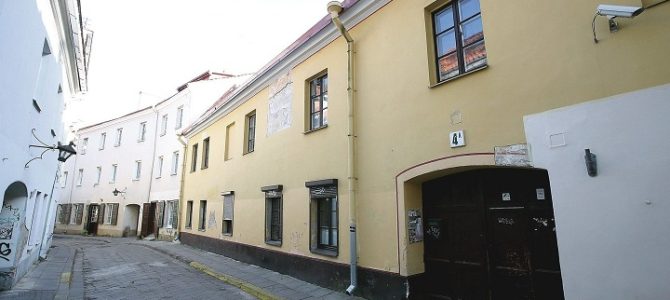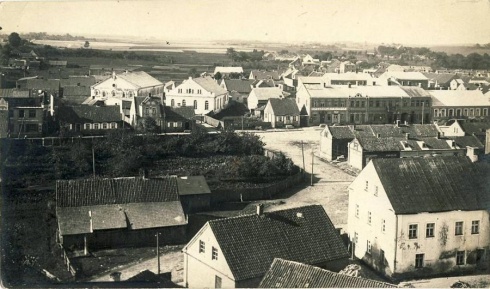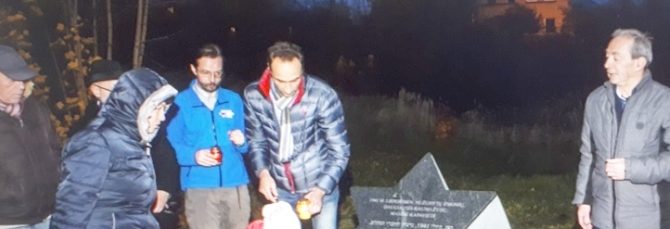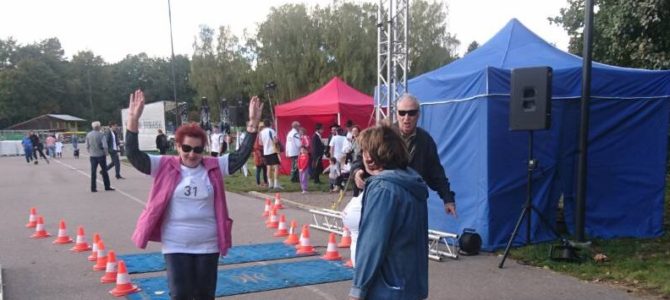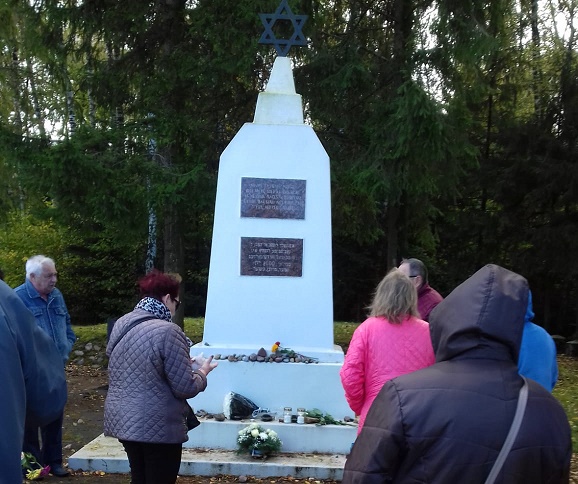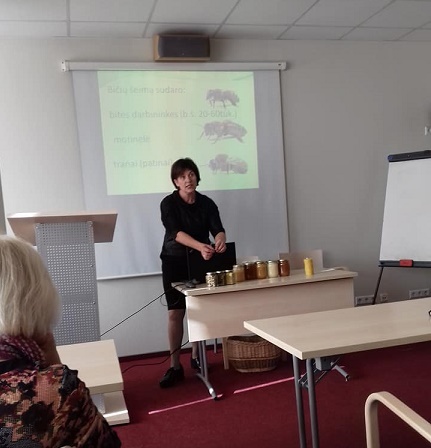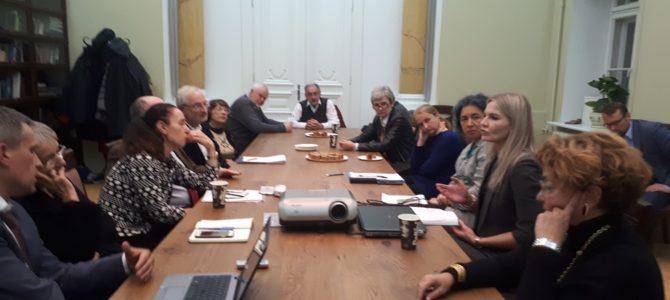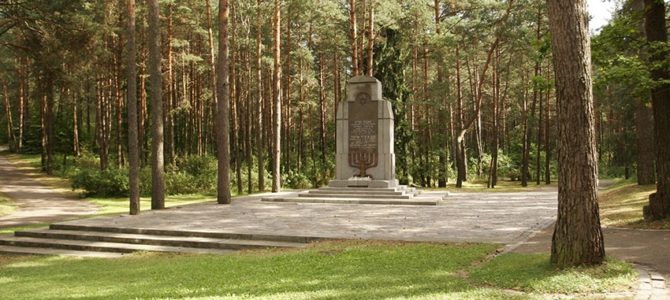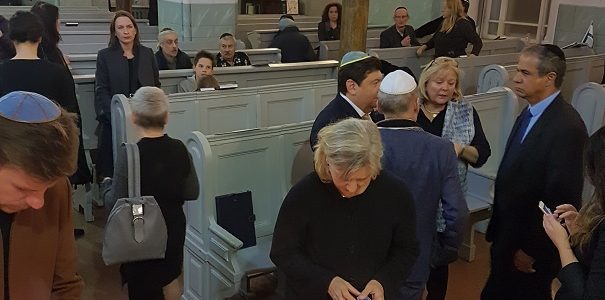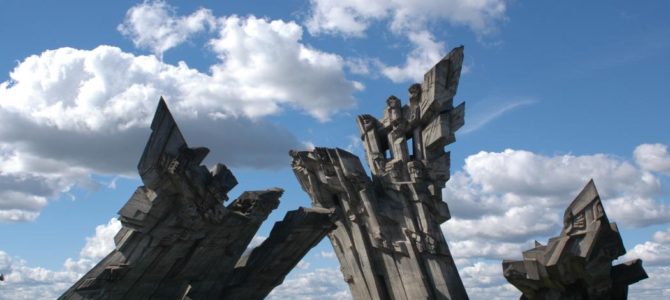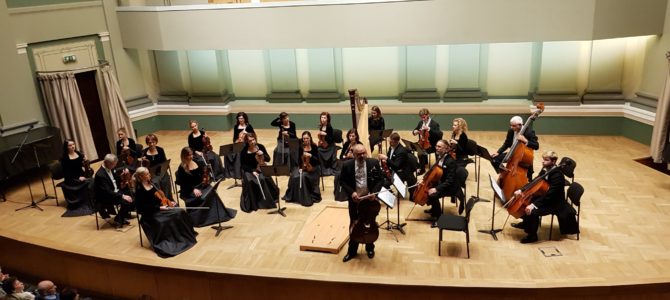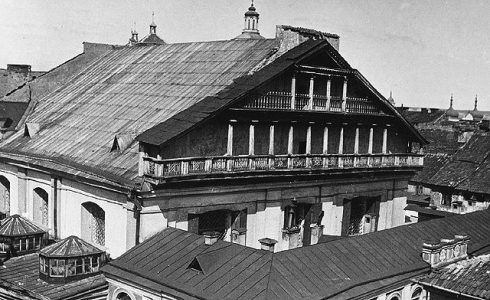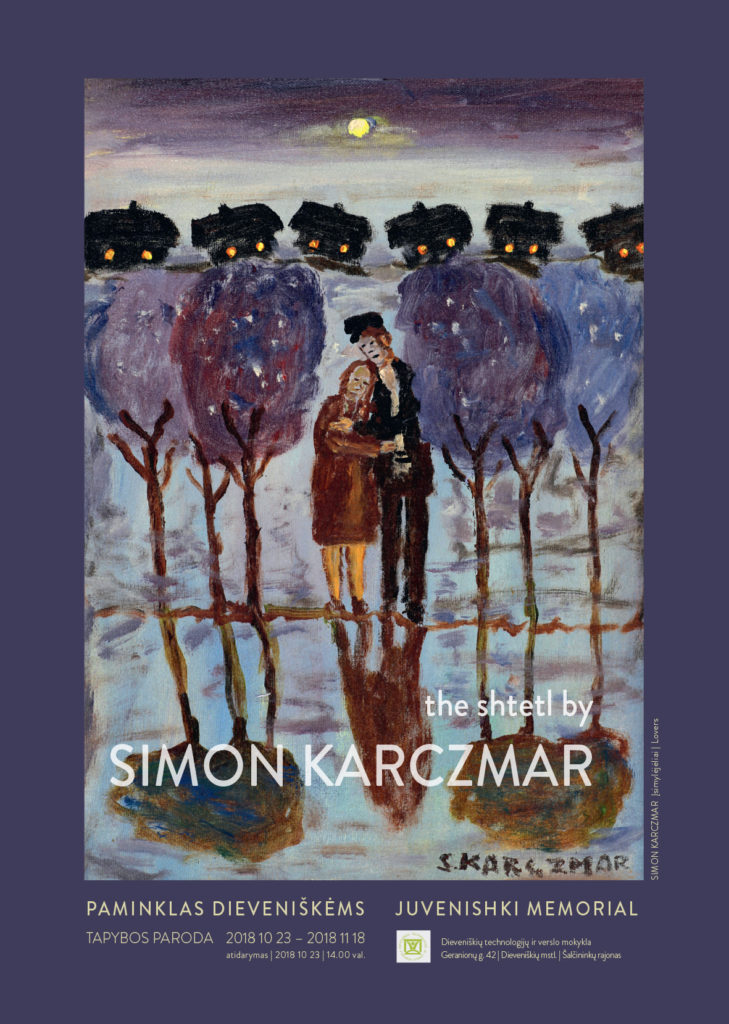The Lithuanian Jewish Community held a discussion October 24 about Jewish heritage protection from the present till 2020, about the priority tasks and goals in the context of 2020 being named the Year of the Vilna Gaon and the Year of Litvak History. The discussion mainly focused on the former Great Synagogue in Vilnius and how to protect what remains of it.
LJC chairwoman Faina Kukliansky, members of the Community, US embassy adviser on political and economic matters Shai Moore and foreign members of the LJC’s own heritage group, including Lyudmila Sholokhova (YIVO), Assumpcio Hosta (AEPJ) and Sergey Kravtsov (Hebrew University), took part in the discussion.
Chairwoman Kukliansky reminded participants Jewish heritage is important to the Lithuanian state and everyone concerned with heritage conservation, as well as to Jews. Discussions have been going on for years about how to protect the Great Synagogue site, the LJC’s role in that process and what to do with the school there, under which archaeologists last summer unearthed a portion of the synagogue’s central bimah. The situation is complex concerning the site: the school was scheduled for demolition but this year it was leased for two years to several organizations. There is clearly a commercial interest in this special location, Kukliansky noted.
It’s difficult to find experts in Vilnius who could be asked how best to commemorate the Great Synagogue, so the arrival of the international group of heritage specialists, their participation in LJC meetings, their perspectives and discussion of these perspectives is an important event.
Neringa Latvytė-Gustaitienė, the head of the history department at the Vilna Gaon State Jewish Museum, said the Great Synagogue of Vilnius is not just a symbol belonging to Lithuania, but to all Jews of Eastern Europe. It is a priority heritage site but sadly there hasn’t been any break through in the cultural community on this issue, she added.


